Overloading lead to increased congestion caused by damaged roads and accidents.
South Africa is battling to control overloading. And Paul Nordengen of the Council for Scientific Research, says a culture of non-compliance exists in South Africa today.
He was delivering a presentation detailing the overload control challenges that exist in the country today at a transport forum special interest group session last week.
This attitude, he said, was widespread and not contained to certain sectors of the economy, such as the road transport industry. While heavy and extra-heavy vehicles were often singled out for overloading, all types of vehicles were being subject to the practice, he said.
Nordengen explained that overloading lead to increased congestion caused by damaged roads and accidents, which raised logistics costs in the country. “Overloading has a bigger impact than most people think,” he added.
The poor condition of trucks, and the lack of maintenance, combined with the poor condition of drivers, when added to overloading, created a “recipe for disaster”. “South Africa has a bad track record of overloading,” he added.
While South Africa has very good road infrastructure by continental and even international standards, a high number of highways and freeways and high geometric standards, a lot of deterioration, particularly with regards to provincial roads and municipal/metropolitan road networks was evident.
Publication: Transport World Africa
